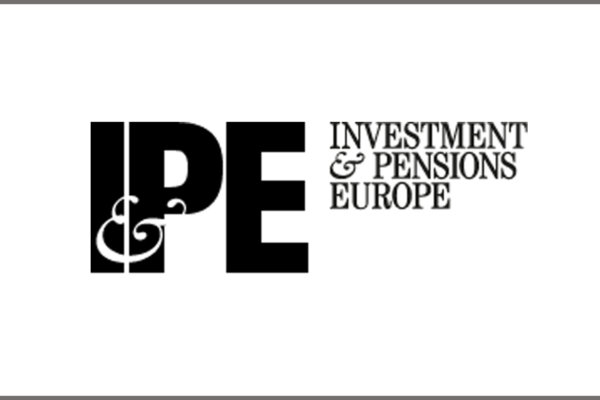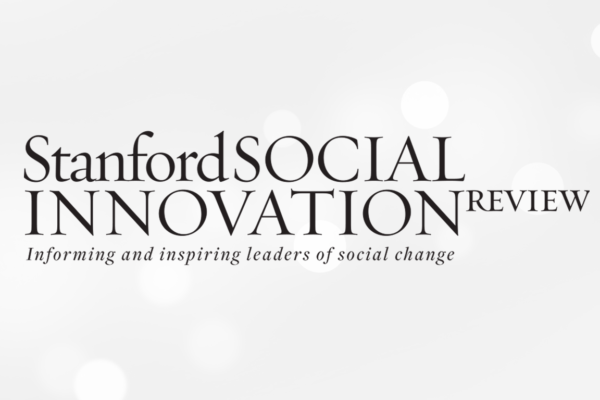|
New Analysis by Robert Eccles on Investors Integrating Global Impact Considerations; Recent Report on the Impact and Influence of KL Felicitas; A Rethink of Corporate Purpose by Edward Waitzer that Incorporates Systems Theory
A few years ago TIIP released Tipping Points 2016: Summary of 50 Asset Owners’ and Managers’ Approaches to Investing in Global Systems. The report found that investors, with some $17.3 trillion in aggregate assets, are deliberately incorporating new investment approaches to help address global challenges including financial system sustainability, climate change and human rights issues. To take this examination further, Robert Eccles (Visiting Professor of Management Practice at the Said Business School, University of Oxford and a member of the Misum board) popped the hood on TIIP’s database to ask a specific question: is the reputation Scandinavian investors have for being on the forefront of sustainable investing deserved? The resulting analysis says as much about the investors it examines as it does the pace with which change is occurring. Read more.
|
| In case you missed it!
The following resources – a report on the impact and influence of KL Felicitas’ investing, an op-ed by Edward Waitzer about “Rethinking the Purpose of the Corporation”, and TIIP’s database – serve as additional tools for system-level investors. |
 Report on the impact and influence of KL Felicitas.
In the new report In Pursuit of Deep Impact and Market-Rate Returns: KL Felicitas Foundations Journey, NPC offers a “deep-dive analysis of the KLF impact investment portfolio, which provides a model strategy for achieving targeted social and environmental as well as financial returns.” Beyond the work to create a 100% impact portfolio achieving market-rate returns, KL Felicitas is generating additional financial leverage enabling enterprises and funds to attract other investors, provide mentoring and strategic advice, and are advocates for their investees, raising their profile. This influence is of particular interest to system-level investors, as is how efforts like this get measured. Download the report |
 Rethinking the Purpose of the Corporation by Edward Waitzer.
Edward Waitzer, a partner and head of the corporate governance group at Stikeman Elliott LLP, recently wrote in an op-ed for the National Association of Corporate Directors (NACD) about the changing nature of corporate governance and introduced a more “nuanced and constructive way to think about corporate purpose”. From the op-ed: “First, systems theory counsels against focusing on any single metric. To take the obvious example, short-term profitability is not so much an objective as a constraint a firm may have to meet in order to remain in business. Metrics such as profits, employee turnover, customer satisfaction, and so forth are not ends in themselves. Rather, they are a source of information about whether the corporation is relevant, resilient, and sustainable…” Read the op-ed here
|
 Want to learn more about TIIP’s database?
Prof. Eccles used TIIP’s database to determine which Scandinavian investors are doing what, well, and better. But TIIP’s online database and portal provide even broader gateways into the world of systems-level investing for asset owners and managers, consultants, attorneys, academics and others. TIIP’s platform of investor profiles, market analysis, and practical guidance provides a way to better match investors, benchmark systems strategies, and optimize program development. Investors leverage this data and analytics to solve program inefficiencies, enhance impact measurement, and boost absolute returns. Learn more here |
| About The Investment Integration Project. TIIP helps institutional investors understand the feedback loops between their investments and the planet’s overarching systems – be they environmental, societal or financial – that make profitable investment opportunities possible. Once this relationship is understood, TIIP provides investors with the tools to help manage the impacts of their investment policies and practices on these systems. More information is available at https://tiiproject.com |



